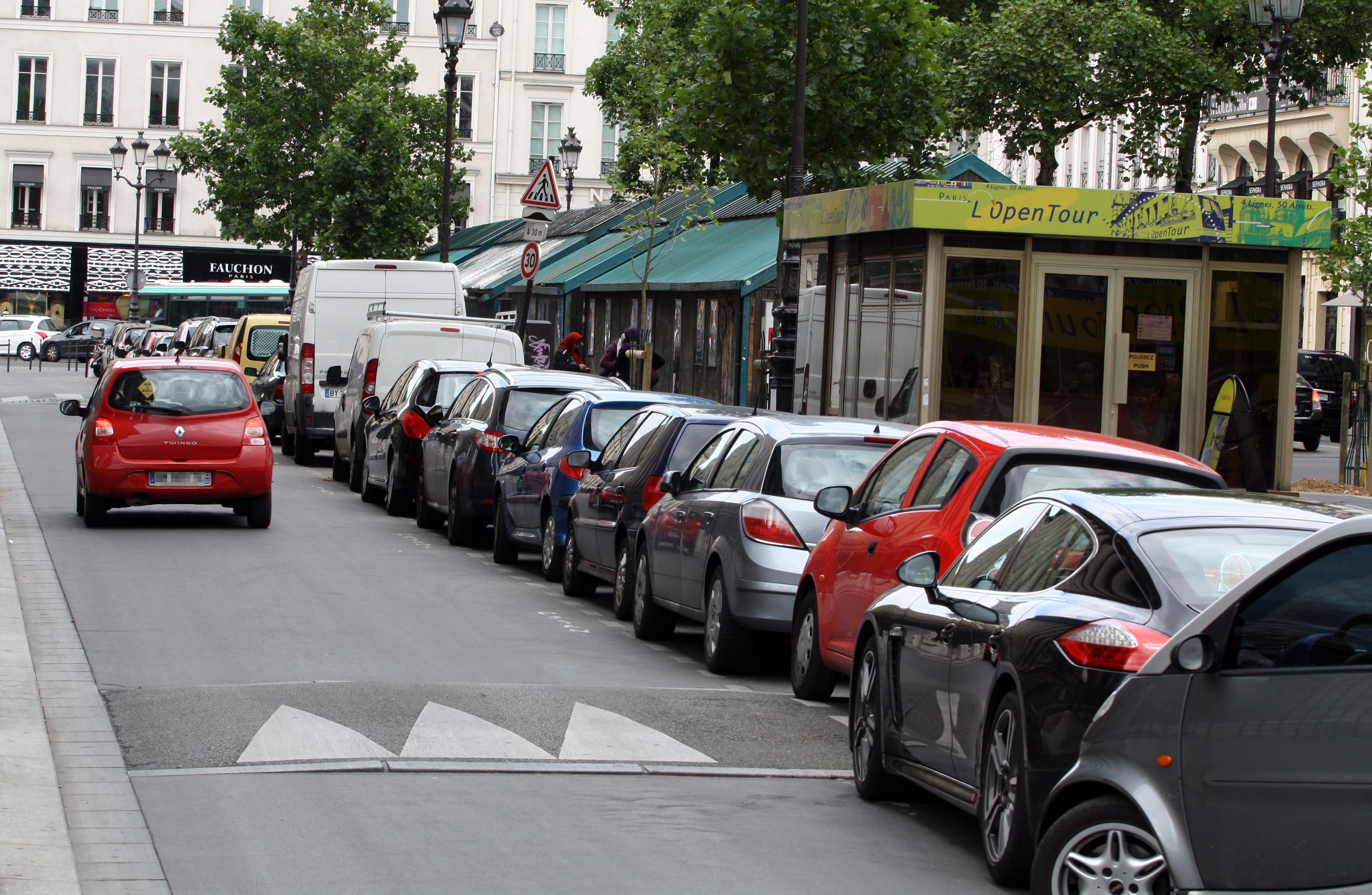Unregulated product markets can be a dangerous thing. Firms, for example, will rationally decide to massively overpollute local air and water unless they’re restrained by rules. Here in the District of Columbia we’re considering a new set of rules that would allow developers to build as many or as few parking spaces as they want to go along with their buildings. Some apparently think this is about the same as letting developers dump toxic waste in the river:
Opponents, however, say the plan denies the reality that roughly 70 percent of Washington-area commuters drive, and removing off-street parking requirements in apartment and office buildings would force motorists to circle city blocks looking for scarce spaces.
“This is a very dangerous proposal. We think it threatens the future of Washington, D.C.,” says Lon Anderson, the chief spokesman for AAA Mid-Atlantic, which represents motorists and advocates road construction as a solution for traffic congestion.
This is totally insane. Almost 100 percent of Washington-area residents like to sleep on a soft comforable surface at night. But there’s no regulatory requirement that residential buildings contain mattresses. The lack of mattress mandates doesn’t mean people are forced to sleep on the floor. It means that if people want to sleep on a mattress—and they generally do—they need to go buy one. That’s why there are mattress stores. Insofar as people want to park cars—and lets make no mistake, lots of people want to park cars—they will pay for the privilege, and property developers will provide parking spaces.
What’s at issue here is whether non-parkers should be forced to offer a cross-subsidy to parkers. The case against such a subsidy seems strong. It encourages extra traffic congestion and extra pollution, as well as inducing some kind of deadweight loss in the form of stifled real estate development.
In addition to shoddy theoretical analysis, AAA is also offering some misleading statistics here. The majority of Washington-area jobs and residents are located outside the District of Columbia, and D.C. zoning reform is going to have no impact on them whatsoever. Fewer than half of D.C. residents commute to work in a car. But even in jurisdictions where 80 or 90 percent of people commute in cars, there’s still no rationale for parking mandates. Parking spaces are useful, but land is scarce. Markets aren’t good at everything, but balancing the supply of land with the demand for parking spaces is exactly the sort of thing they’re much better at than top-down regulations.
